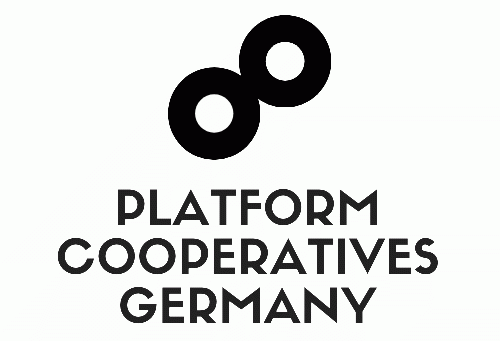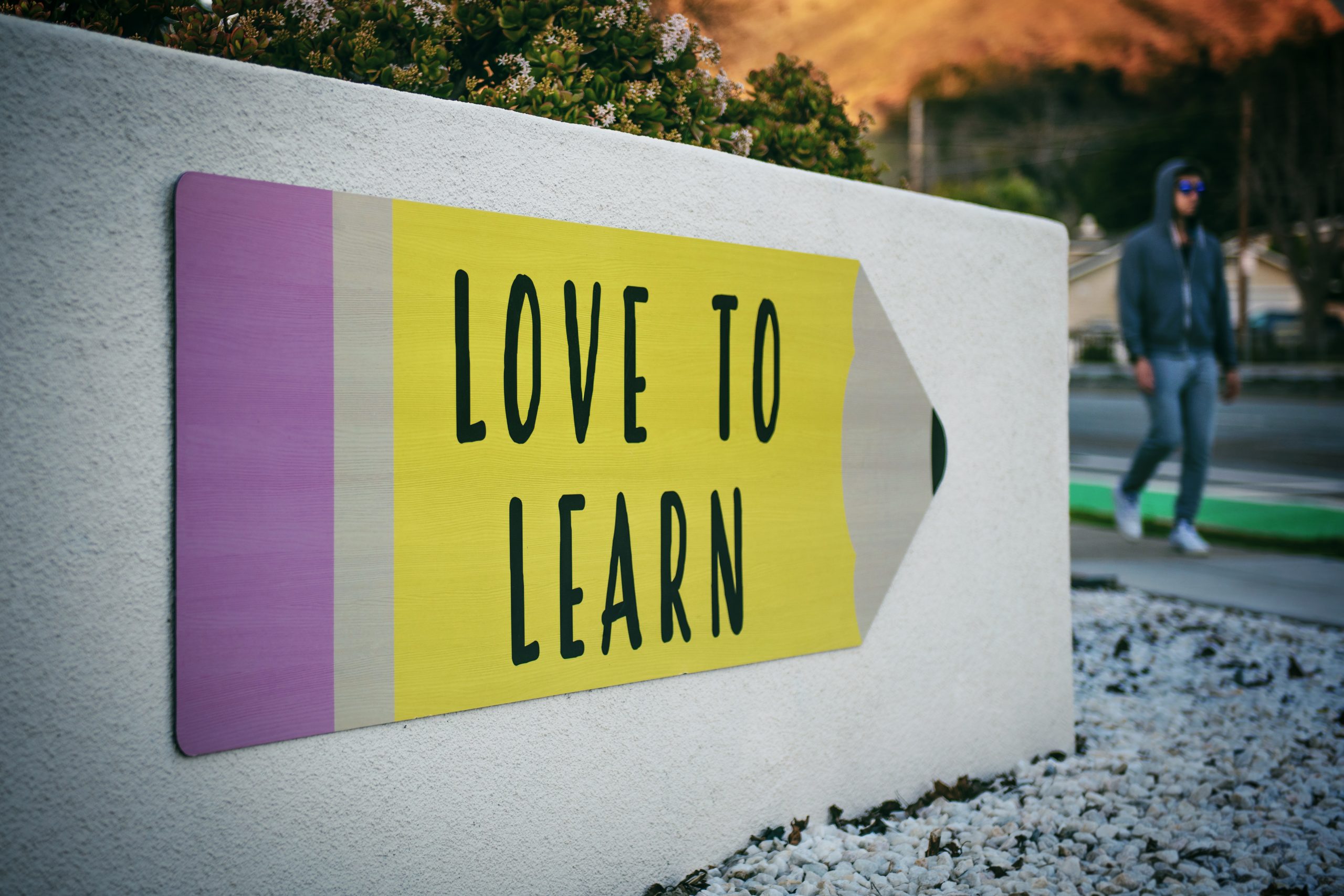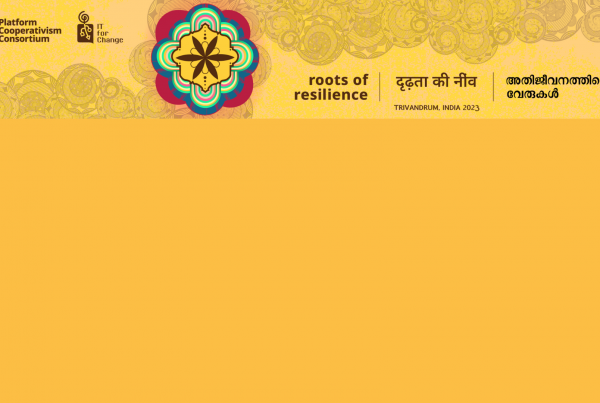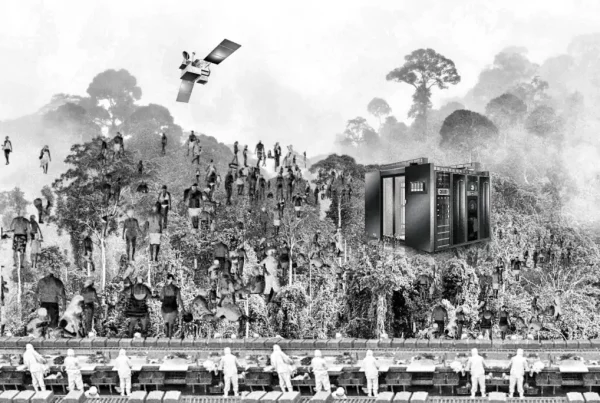This is a documentation of a two-days gathering of coop entrepreneurs from Belgium and Germany in 2019, co-organised by Mona Meyer zu Kniendorf und Miriam Sufraga, BeShared Berlin, Camille Lepinay, Hub Brussels & Enterprise Europe Network, Lieza Dessein, SmART Belgien, Dominika Wruk, platforms2share and Andreas Arnold, Ela Kagel and Thomas Dönnebrink from SUPERMARKT Berlin The aim of this event was to create a prototype for a platform coop learning journey, which would enable participants to build transnational connections and to establish
structures for mutual learning and knowledge transfer. Please check out the full documentation paper here.
As the title already proposes, this was meant to be a starting point for a longer journey into the challenges, risks and chances of building a platform coop.
Why did we organize this learning journey?
During our work with coops we realized that many cooperative organizations tend to be rather “introvert”, meaning: due to manyfold organizational and structural challenges many coop leaders hardly make time to connect to other coops and to seek for regular peer learning opportunities.
However, inter-cooperation (= cooperation between different cooperatives) as one of the core coop principles, is more than just a networking strategy. Cooperatives serve their members most effectively and strengthen the cooperative movement by working together through local, national, regional and international structures. Advocating for political
recognition, building business support institutions, creating livelihoods within communities and providing shared apps & technologies are key factors for growing an environment in which coops can flourish. In that sense, our primary goal was to create a foundation for inter-cooperative exchange.
Sensemaking: Sharing Economy & Platform Coops
The evolution of the sharing and collaborative economy gave rise to the platform coop movement. The following text aims at contextualizing this development: While at peak times (around the years 2014-2015) more than 200 projects and startups aiming to achieve social or environmental goals and working based on collaborative practices were active in Berlin, many of them did not prevail and have ceased activities by now.
At the same time, many European cities have experienced the proliferation and growth of large platform companies such as Airbnb and Uber. Such companies are based on the idea of externalizing labor and parts of the value chain aiming at making their own business more efficient, effective and lean. As a result, those who are responsible for providing services and products are not employees of the respective companies but oftentimes self- employed and private persons. This means that they are not equally protected by social security systems and have to compete with others to offer their workforce on the platforms. Furthermore, there is at least anecdotal evidence that cities and states are bypassed easily when it comes to the payment of taxes generated by these large platform companies.
This development has motivated many former project initiators and social entrepreneurs to think the idea of sharing on a new level. Instead of focusing on sharing of products and services, sharing of ownership in the organization is a key component of the new movement. Implementing democratic governance and collaborative ownership structures is
seen as a promising way toward overcoming potential negative effects that tend to accompany the proliferation of large platform companies. One form of legal vehicle to accomplish such efforts is the ‘cooperative’, where every participant of the value creation – from programmers and marketeers to the active prosumers – can become a member of the
organization and thus participate in decision-making process and profit from the overall value created by the ecosystem. Voting rights are thereby typically not linked to the amount of invested capital, but follow the basic rule “one member, one vote.“
Most participants from this Learning Journey, like Fairmondo and Leihbar, have over the years of existence not managed to enter major markets. According to them, the above mentioned monopolists position themselves at the best customer touch-points which cannot be afforded by startups and social-impact projects. Instead of sharing the value creation solely (e.g. offering a ride or hosting tourists) platform coops find it necessary to implement democratic governance and collaborative ownership structures to overcome the various externalities that are well experienced by their peers and often caused by the current market leaders. Therefore and at the contrary to sharing economy corporations, they create participatory structures in the workspace. For instance, Fit My Nest, the Belgium co-housing coop, invites people to establish self-owned and -managed living environments by fostering community building and supporting the financial setup. This way housing concepts are tailored by the people themselves overcoming the market failures existence of an engaging neighbourhood) developed by new and traditional real-estate
companies. Having said that, this platform coop learning journey also aimed at highlighting these examples to the participants, thus providing sensemaking and context for the very domains they are actively shaping with their work.
Formats of the learning journey
A learning journey can include all sorts of facilitation formats, as long as they are horizontal, inclusive, allow for diversity, encourage deep listening and enable participants for interesting & inspiring engagements.
A learning journey typically starts with an extended slot for participants to getting to know each other. This can be seen as the foundation for everything that is about to follow over the course of the next days. Examples for such introductory sessions can be co-sensing walks or mutual storytelling in smaller groups or for instance an exercise of landscape mapping the interests and potentials of all people in a big group. In this particular learning journey participants were matched in tandem teams and asked to work together in this constellation throughout the two days.
After people have made these initial connections, it’s usually good to engage people in more structural formats, such as a world café or open space. These methodologies allow for some deep exploration of both the social and the professional fields people are part of. If people need to get a deeper understanding of underlying problems or systemic issues we encourage peer review formats such as the case clinic, which allows participants to tap on the collective knowledge of the group they are a part of. Also the 4D prototyping method can be quite an eye-opener, as it allows a system to see itself in a really interesting way.
Besides all these formats that already exist and got extensively tested in different communities worldwide, we encourage organizers to pay close attention to the group’s needs. Instead of pushing through a rigid schedule, it is usually best to allow for maximum flexibility, as it is often hard to anticipate where group dynamics will lead to.
Facilitation principles
The organizing team aimed at curating the teams and designing the encounters based on the following principles:
• Allow for enough time to make contact and engage in deep conversation.
• People need the chance to meet peers from other domains as well and work together as a tandem.
• All the knowledge exchange formats should be based on self-organization, so that the teams can figure out what works best for them.
• Communication at eye level, no lecturing, no consulting. Instead: Active listening, mirroring and co-creation.
• Let participants change sceneries every now and then: don’t make people stay in the same space for a whole day.
• Breaks, leisure time, walks and casual encounters at the coffee machine are most important.
Resume
One of the most important outcomes of the learning journey are the personal ties that have been established during the time participants spent together. For some of the tandem partners this proved to be an interesting starting point for an ongoing collaboration.
A learning journey actually never stops. It does not have a particular lifespan and an end to it. A learning journey is designed to enable transformation processes and allows for an ongoing consideration of people’s roles and relations in any given ecosystem. We hope this paper is useful for you. If you might have any questions please let us know.
You can contact us via e-mail: hallo@platformcoops.de
Foto von Tim Mossholder auf Unsplash




